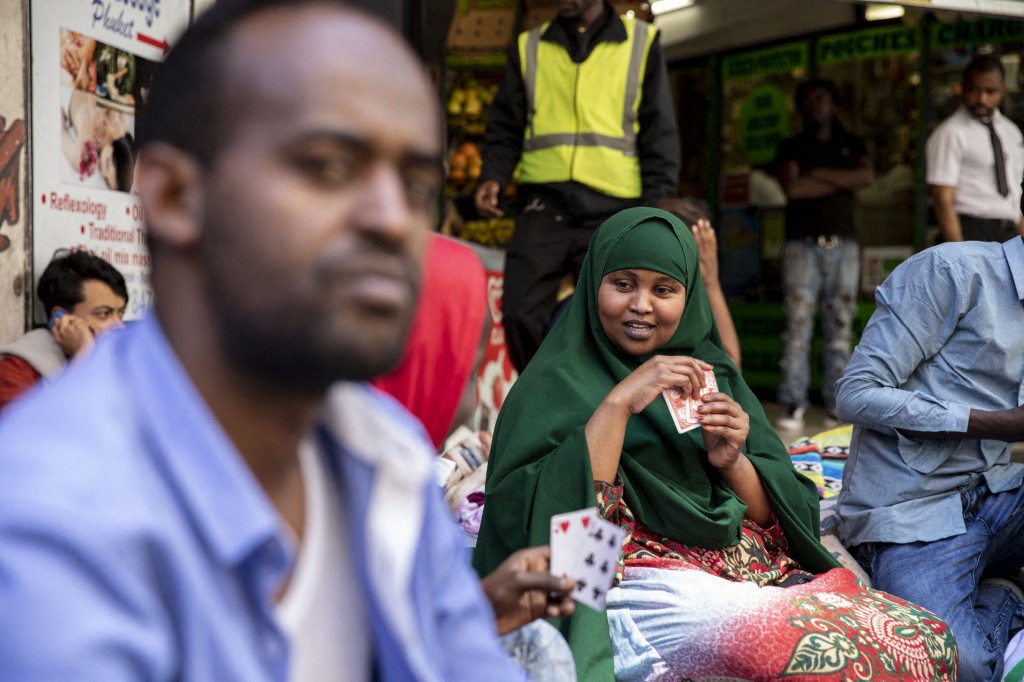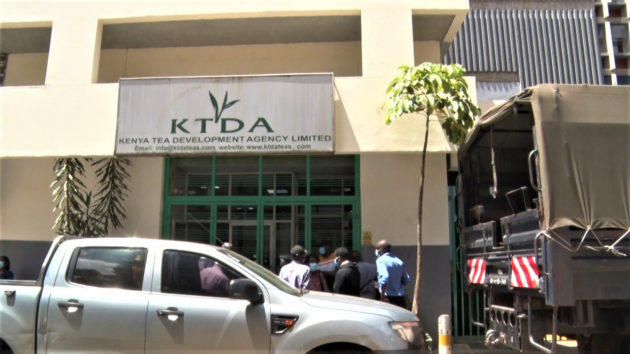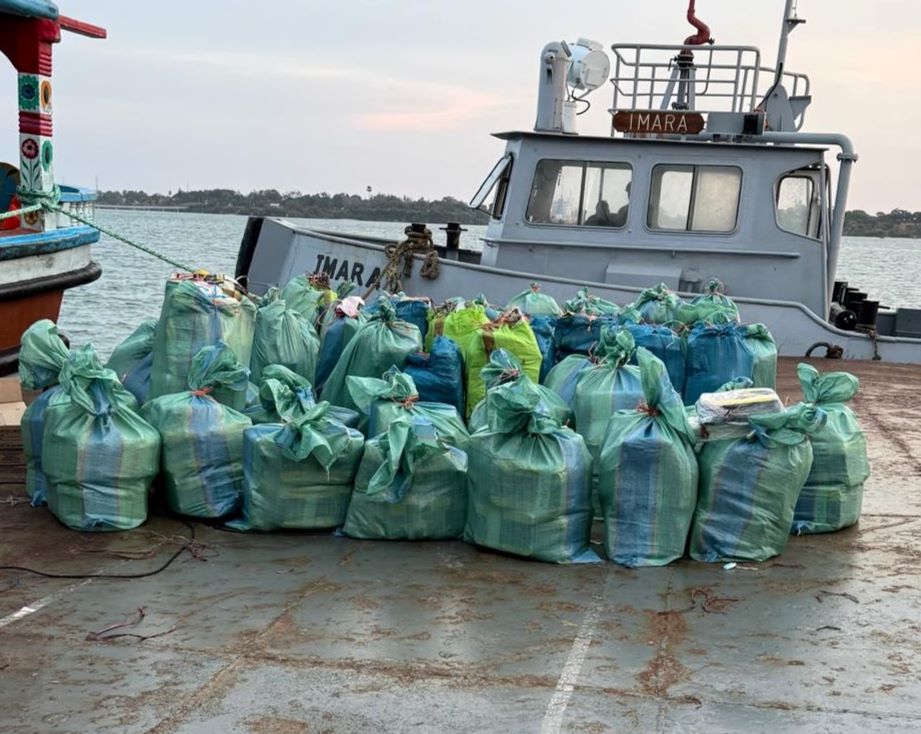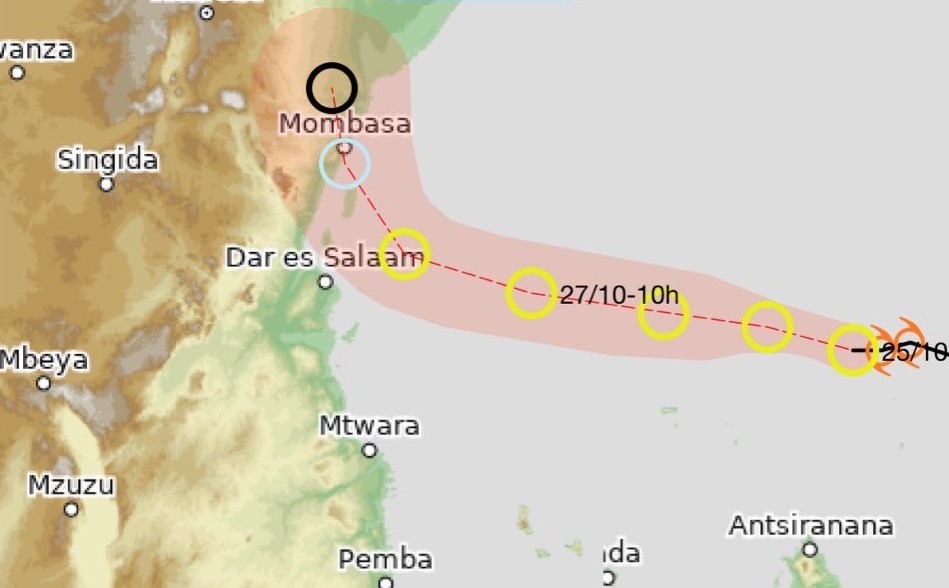How proposed South African law will affect Somalis

The legislation contains radical proposals aimed at overhauling the migration system in South Africa.
A proposed immigration law is set to affect thousands of Somalis living in South Africa who went there after the collapse of the Somalia central government.
Amid growing xenophobia in South Africa and the country's economic crisis, Home Affairs Minister Aaron Motsoaledi has announced plans to tighten refugee asylum laws.
More To Read
- Kenya defends stricter asylum screening for Ethiopian, Eritrean applicants
- Refugee youth rewrite their future through film in Dadaab
- Egypt inches closer to troop deployment in Somalia amid regional tension
- Human trafficking ring busted in Nigeria, two women bound for Somalia rescued
- From camps to commerce: Refugee entrepreneurs shine at Kakuma trade fair
- Yemen, Somalia hold security talks in Aden to strengthen bilateral cooperation
The legislation contains radical proposals aimed at overhauling the migration system in South Africa.
The proposed law strengthens the powers of immigration officers who can carry out compulsory deportation when arresting a foreigner.
UN Convention
The minister said that South Africa should temporarily withdraw from the United Nations Refugee Convention and associated protocols because courts hold legal theory adverse to state interests.
"It is not surprising that South African courts developed jurisprudence regarding asylum and refugees in the absence of reservations and exceptions ... which is always unfavourable to the interests of the state," Motsoaledi said at a briefing regarding the White Paper On Citizenship, Immigration, and Refugee Protection.
Most of the Somalis in South Africa have established various businesses in the country, mostly small shops, which they have opened in areas far from the big cities, where black people are the majority, and sometimes they face many threats to their lives.
A report issued by the South African government in 2021 stated that Somalis in South Africa contribute to around 10 per cent of the total number of refugees in the country, and were among the most foreigners living in the country.
"Somali immigrants are seen to be in control of the economy of the cities, and they are accused of taking the jobs of local people, which has allegedly led to attacks on immigrants, and the emergence of anti-immigrant groups, such as the Dudula operation," Paddy Harper, a journalist working for the Mail & Guardian newspaper in South Africa said.
Top Stories Today













































